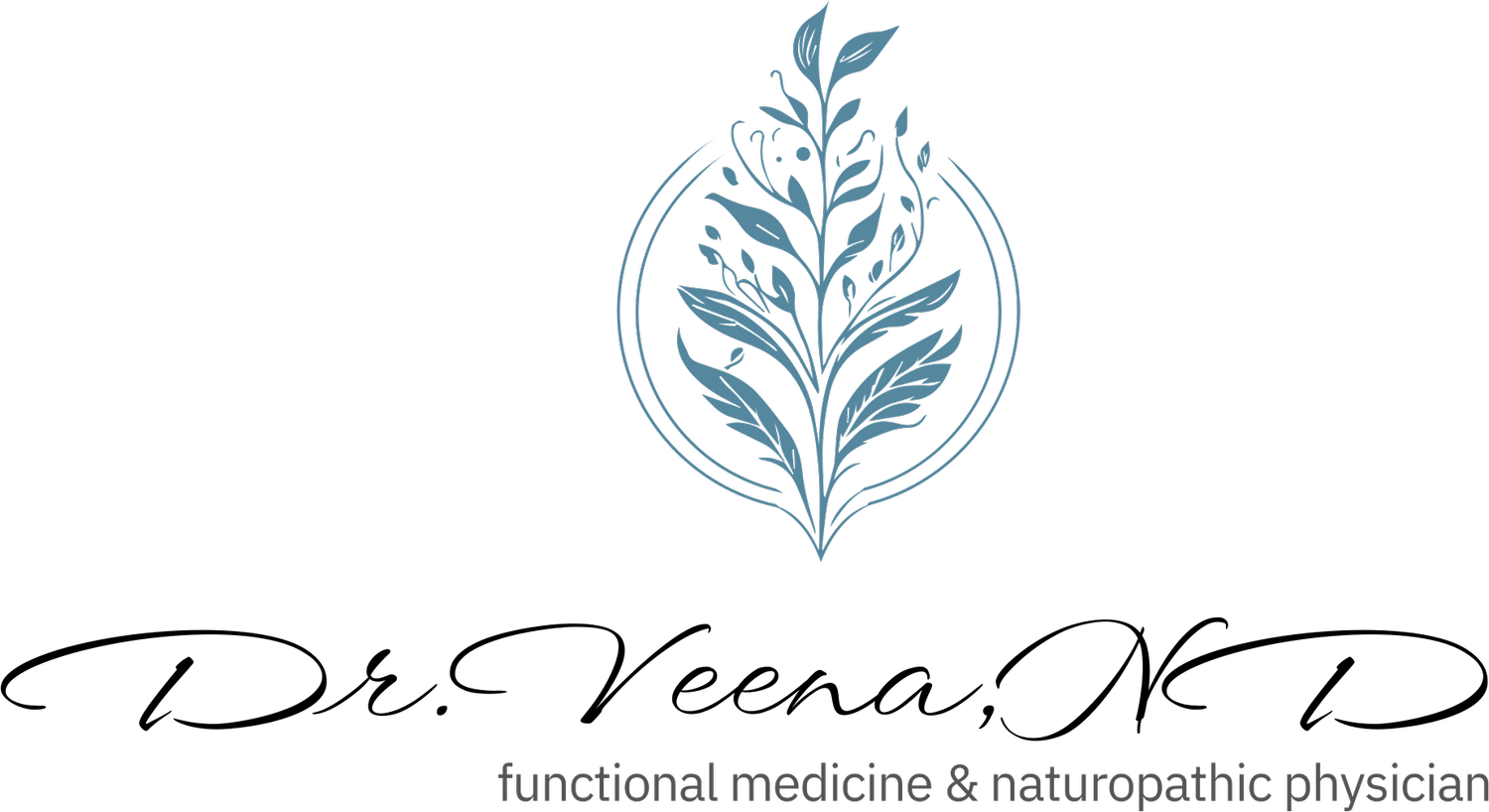MTHFR
MTHFR: What It Means for Your Health as a Woman Your genes aren’t your destiny-just a map.
If you’ve been told you have an MTHFR mutation, or you suspect something deeper is behind your fatigue, anxiety, hormone imbalances, or miscarriages, you’re not alone. This common genetic variant affects how your body processes nutrients-especially folate-and how efficiently it can detox, repair, and protect itself. MTHFR is not a label, but is a valuable clue that helps personalize care.
What is MTHFR?
MTHFR stands for methylenetetrahydrofolate reductase-an enzyme that plays a key role in methylation, a process your body uses to:
Support detox and liver function
Regulate mood and neurotransmitters
Recycle homocysteine (important for heart and brain health)
Build healthy DNA and new cells
Process B vitamins
Maintain hormone balance
Common Symptoms or Conditions Linked To MTHFR Variants in Women
You may not notice symptoms because of MTHFR alone, but it can influence how your body responds to stress, inflammation, and nutrient deficiencies. Some common concerns include:
Fatigue
Brain fog
Migraines
Anxiety, depression, mood swings
Hormonal imbalances
Estrogen dominance
Fertility struggles or recurrent miscarriage
Autoimmune conditions
Cardiovascular or cognitive concerns
Trouble tolerating folate or certain medications
You Can Support Your Genes with Personalized Care
Dr. Veena uses genetic insights like MTHFR and other SNPs (Single Nucleotide Polymorphisms, variations in your DNA) to guide more effective, individualized protocols. Depending on your situation, your support may include:
Targeted nutritional therapy
Methylation and detox support
Hormone and fertility balancing
Adrenal support
Functional testing for B12, homocysteine, inflammation, and more
What About Testing?
MTHFR testing is a simple cheek swab that you can do at home with one of the functional medicine labs that Dr. Veena uses. Testing is the beginning. What matters most is how your body is functioning now.
Your DNA is Not a Diagnosis
Having an MTHFR variant doesn’t mean you’re broken. It means your body may need a little extra support to thrive. And that support should feel doable, individualized, and empowering-not overwhelming.
